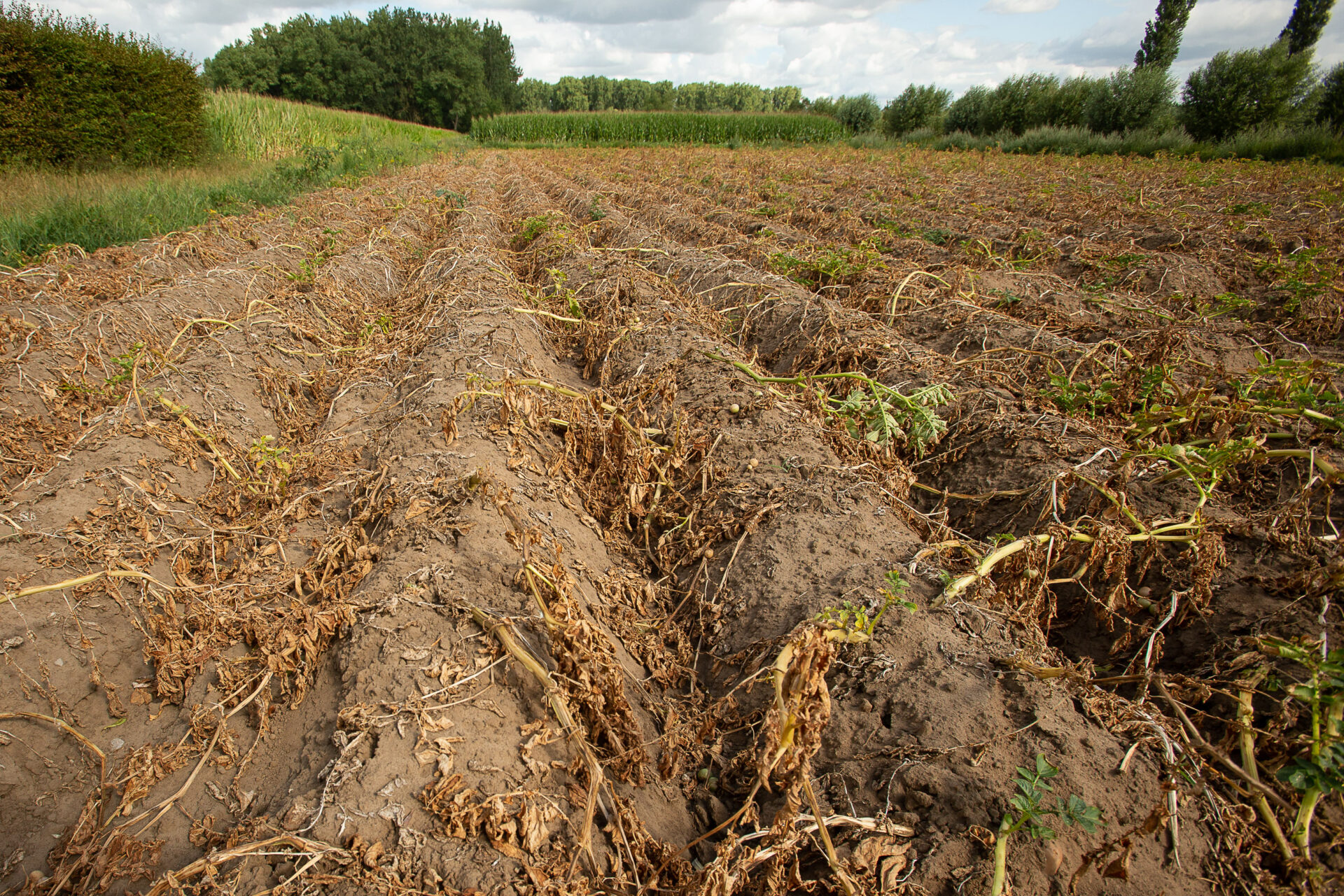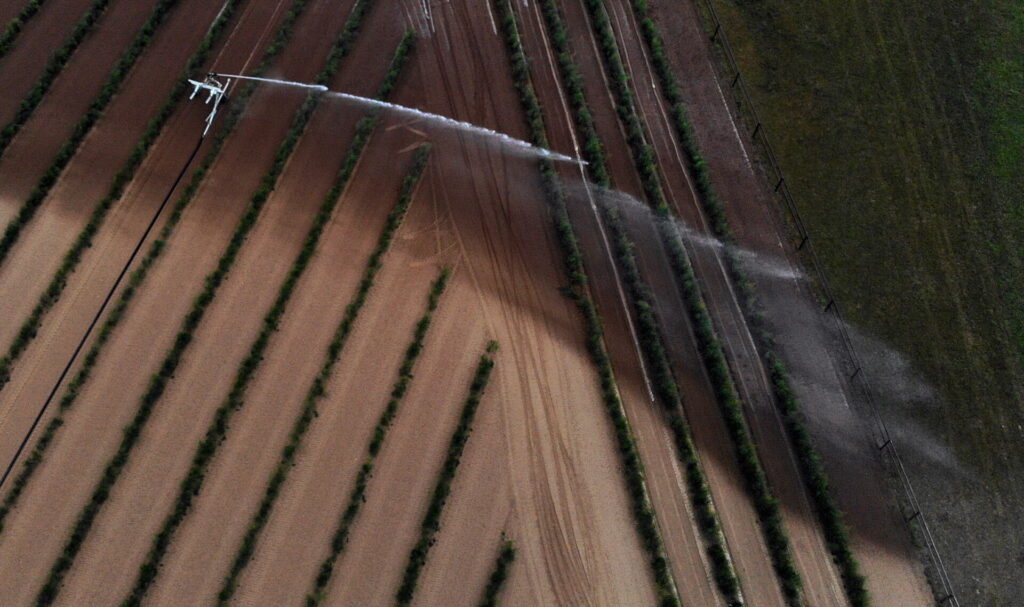Excluding the minimal rainfall that fell from skies over Belgium on Thursday night, the country has experienced a two-week long period of drought, which is resulting in groundwater levels dropping drastically and waterways drying up.
Across 154 measuring stations in Flanders, 79% of the monitoring sites showed a low (44%) to very low (35%) groundwater level for the time of year, according to the latest report published by Databank Underground Flanders (DOV). In comparison, these levels, respectively, were 31% and 13% last month.
"The situation is serious and is being closely monitored. Next Monday, the Drought Advisory Group will discuss the drought situation again," the Flemish Environment Agency (VMM) wrote in a press statement.
"Since the extremely low precipitation in March 2022 and the start of the hydrological summer season, we have seen a steady evolution towards more low to very low groundwater levels," the report published on Friday read. At some sites, historically low 14-day average levels are measured, especially in West Flanders.
The DOV's report pointed out that, since March, the second half of April and in most places May were dry, which reversed the improved situation that was recorded at the end of 2021, which was a very wet year. In June this year, levels were already dangerously low, and although some rainfall was seen across Belgium during that month, the very dry month of July caused groundwater levels to drop further.
Situation worsening
The current situation is worse than in August 2021 (levels were low to very low at just 7% of sites), however, this was the result of it being the wettest summer since records began. Remarkably, the situation is also worse than in August 2020, which historically was a very dry year, when low or very low groundwater levels were recorded at 75% of the monitoring points.
As previously reported by The Brussels Times, the DOV confirmed that, based on climate change predictions, periods of drought will be longer, more frequent and more intense. "We note that the exceptional conditions of recent years correspond to these predictions."

Dry potato plants pictured. The drought has been impacting agriculture for months now. Credit: Belga
The VMM stressed that the region is better armed against drought that in previous years, partly as a result of the Blue Deal measures, a programme to combat drought and water scarcity, and there is no risk that the drinking water supply will run dry.
"With the assessment framework for priority water use, we can take well-considered and scientifically substantiated measures to limit the chance of water scarcity and its consequences," Katrien Smet of the VMM said.
All-time low waterways
This continuous period of drought is, however, impacting agriculture and nature (following restrictions on water pumping from various waterways), and will soon also affect the shipping (as is the case in the Netherlands, which announced a state-wide acute water shortage earlier this week.
Related News
- No shortage of drinking water, but 'use it wisely'
- The Netherlands officially experiencing a national water shortage
- European Commission develops guidelines for using treated wastewater to irrigate farms
In Flanders, 53% of the measuring points of smaller, unnavigable watercourses are seeing very low and low 14-day average flows, with some places seeing record-low levels.
Now, larger, navigable waterways are also beginning to feel the effects, including via the locking of ships and the limitation of loads.

